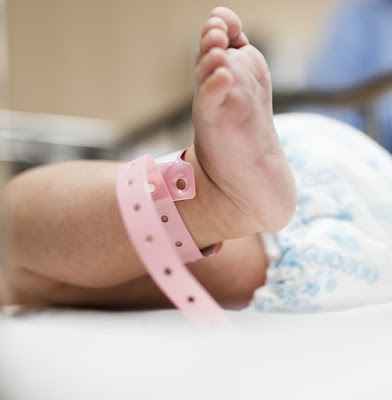Apply Grants
April 23, 2018
2
Treating Heart Disease With Umbilical Cord Blood
So far, we have enough evidence that the stem cells derived from the umbilical cord blood have the potential to do the magic. The magic is nothing, but in the form of regenerative medicines and therapies, that could help us combat a range of chronic diseases. Now, the researchers at the American Heart Association has once again brought us good news for the patients with cardiovascular issues. The insight of their research has been published in the medical journal Circulation Research.
Until now, we have to use invasive procedures to cure the patients with heart failure complications. But, the latest findings focus to aid in the development of noninvasive therapies using the umbilical cord. By using the therapy, it will be possible to make improvements in the heart muscles and make changes to the quality of the life.
Read-
The Concern Over The Disorder
When the heart muscle cannot have the ability to pump blood effectively, it is known as heart failure. Nearly 37 million people globally are suffering from this heart disease. We have too many medical advances, still, we cannot treat people with heart complications. And a huge number of patients die every year despite being diagnosed with heart failure symptoms. So, the finding of the study is useful for us to get rid of the disorder.
The Elaborate Finding Of The Research
The trial showed a huge potential in favor of the patients taking part in the clinical trials. As many as 30 patients with lower to moderate level of heart failure complications participate. They aged between 18 to 75. Before these patients could receive intravenous infusions of umbilical cord-derived stem cells, they all had minimal drug therapy. The donors for the trials had full-term developed placentas from which the umbilical cord has been derived. Some of the patients received placebo also to determine the efficacy of the stem cells.
Consequences Of The Stem Cell Therapy As Compared To The Placebo
- The patients had an improved life with a flexible capacity to pump blood to the heart and back to the whole body.
- The quality of life has been
- There was no side-effect, which is a quite common post any stem cell transplants. This apart, no sign of alloantibodies, or what we know by immune complexes was not detected so far.
Read-
Umbilical cord stem cells did not show any potential though, the current studies are quite promising. We could no longer worry about the adverse effects of the cardiovascular complications, from now onwards. As is with intravenous umbilical cord stem cells, they are easily available, and accessible. Therefore, they raise more positive hopes for us. They are free of all incumbrances as we generally find in case with embryonic stem cells. Since they do not cause any immune complexes, they are a great scientific tool for the scientists for medical advances.
Why Choosing Umbilical Cord In Place Of Drug Therapy?
Such discovery is a way of living life better for many patients with cardiovascular symptoms. Earlier we have many instances which showcase that drug-based therapy is ineffective in case of heart diseases. They are not able to offer maximum benefit to alleviate the heart failure conditions. And that’s being one of the leading causes of patients’ concer, they opt for different invasive therapies. There are heart transplantations and ventricular mechanical assist device therapies, which often prove to be quite pricey for the patients.
“The finding of the study is quite promising for us, as they could pave the way to develop non-invasive and promising new therapy for the patients with cardiovascular complications,” said the study correspondent author Fernando Figueroa.
stem cell transplant, stem cell therapy for heart disease, stem cell research, stem cell therapy for cardiovascular disease, stem cell treatment for heart failure, stem cell heart regeneration










